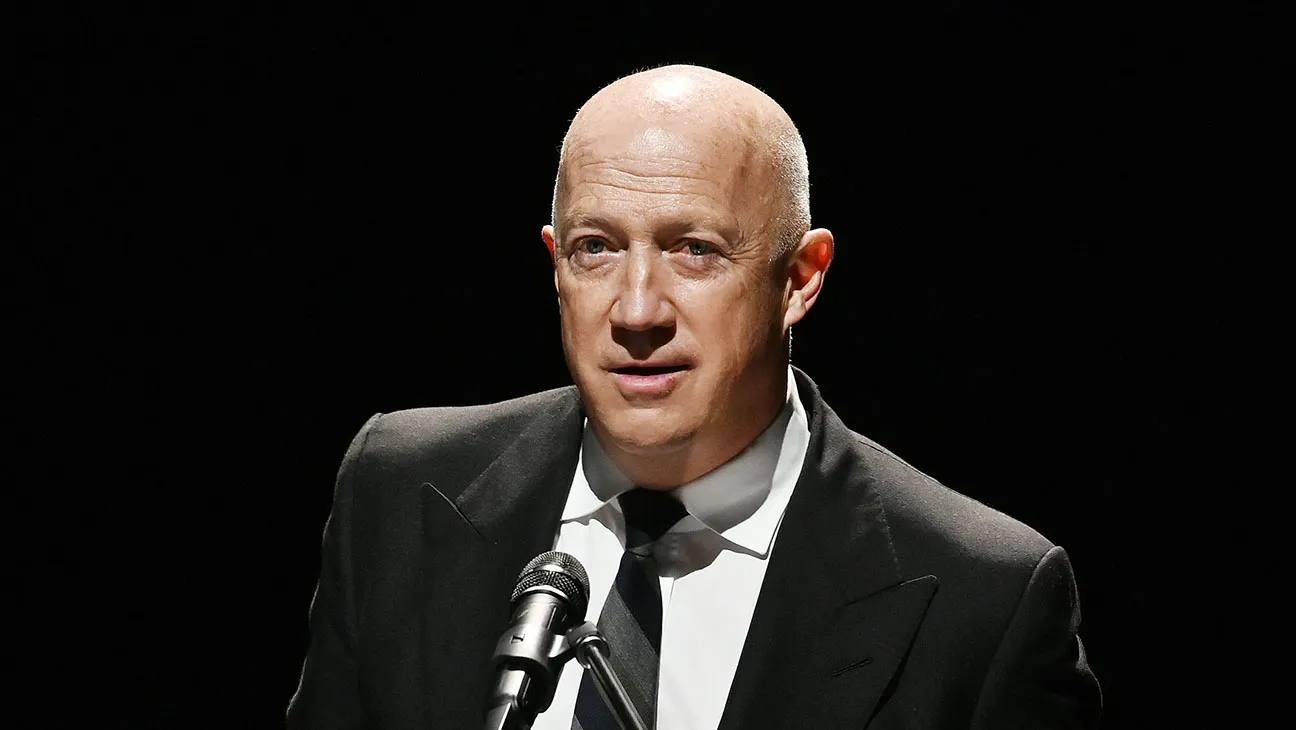
Is Hollywood opting in or out? Early signs are that the major studios and talent agencies are now starting to circle the wagons over Open AI’s latest product Sora 2, an invite-only, TikTok-style video app debuting on Sept. 30 that allows users to scan their face and place themselves in hyperrealistic clips.
Creative Artists Agency, the Bryan Lourd-led major talent firm repping A-listers like Brad Pitt and Scarlett Johansson, is the latest to publicly draw a line in the sand on Sora 2, which can generate clips of major studios’ characters featuring the likenesses of star talent. CAA‘s statement, which goes unattributed to a single executive, takes a broader approach than just saying that the major agency is opting its clients out of OpenAI‘s latest tool. In fact, it doesn’t explicitly use the words “opt out” at all but frames Sora 2 as a “misuse” of emerging technology that “exposes our clients and their intellectual property to significant risk.”
The missive, perhaps designed more as a public stand, stands in slight contrast to its longtime rival agency WME’s approach. That memo, issued by head of digital strategy Chris Jacquemin as guidance to agents, “we have notified OpenAI that all WME clients be opted out of the latest Sora AI update, regardless of whether IP rights holders have opted out IP our clients are associated with.”
Days earlier, even the normally reserved Motion Picture Association, the top lobbying group repping Disney, Netflix, Paramount, Amazon MGM Studios, Sony, Universal and Warner Bros. Discovery, spoke out against OpenAI’s current plan for Sora 2. MPA chief Charles Rivkin said in an Oct. 6 note that OpenAI “must acknowledge it remains their responsibility – not rightsholders’ – to prevent infringement on the Sora 2 service” and that Altman’s team “needs to take immediate and decisive action to address this issue.”
CAA’s full memo is below: